Does Aluminum Rust? Causes and Solutions
 Oct 17,2024
Oct 17,2024

Aluminum is one of the most used metals across all industries. Since it is used everywhere, but question rises does Al rust? This article will help you learn whether Aluminum rusts, what the causes are, and how we can avoid that issue.
Does Aluminum Rust?
When iron reacts with oxygen and water in the environment, rust forms. Since Al does not contain Fe, that’s why it does not rust but corrode in some environments.
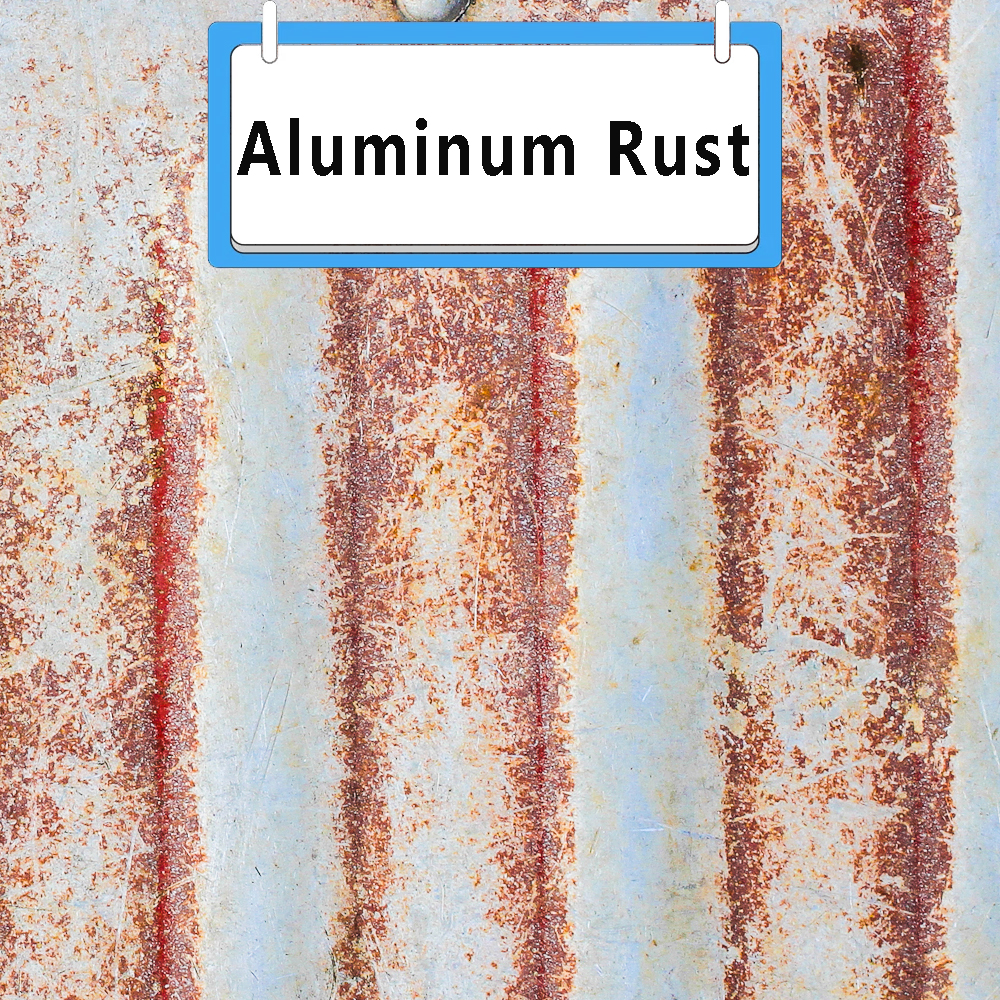
Does cast aluminum Rust
No, due to a lack of iron, Al does not rust. Al is highly reactive and reacts with Oxygen and forms a protective layer on itself.
Does Anodized Aluminum Rust
Anodizing is done through an electrochemical process for additional protection against corrosion. Hence, anodized Al does not rust.
Is Aluminum Good for Outdoor Furniture
Al is an excellent choice for outdoor furniture. It is durable and cheap metal. Al does not need any further elements to add for corrosion resistance. Its natural protective layer makes it able for longer time use.
Can Aluminum Rust in Water
Al does not rust in normal water. In extreme conditions like salt water or chloride-rich environments, Al gets corroded.
Does Aluminum oxidize
Al makes a protective layer of Al2O3 through oxidization. When it is exposed to the air, it reacts with oxygen.
How fast does aluminum oxidize
Oxidation process takes milliseconds to seconds only to form a nanometers-thin layer.
Oxidation Process in Aluminum
![]()
Al loses electrons when exposed to air. Electrons react with oxygen and form an Al2O3 layer.
How reactive is aluminum
In the galvanic series, the metal with more negative potential reacts more quickly. According to that series, Al is a very reactive metal.
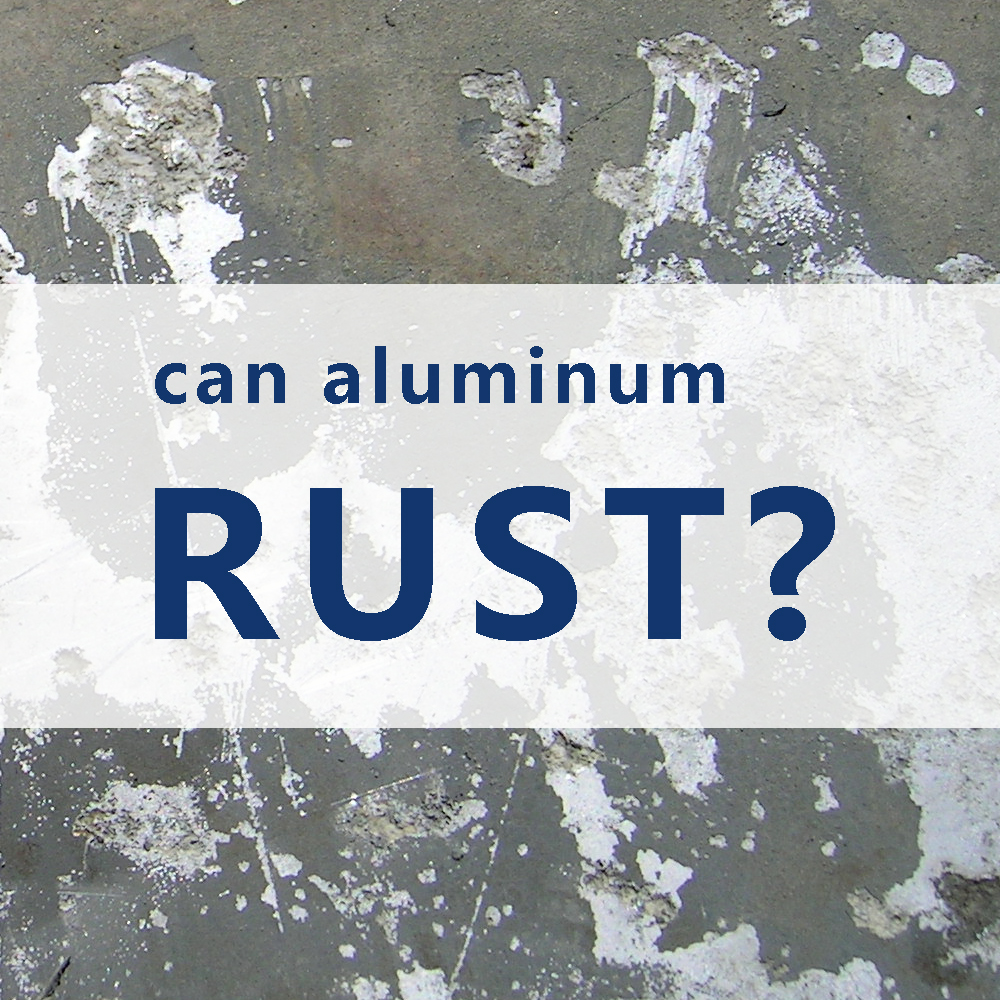
Does Aluminum Corrode?
Yes, it corrodes only when it is exposed to severe environments like high temperatures and salt water etc.
Differences Between Rust and Corrosion
Rust is a natural process in which Fe reacts with O and forms rust. Corrosion is an electrochemical process which results in the deterioration of the material.
Factors That Cause Aluminum to Corrode
- Environmental Factors
High temperatures, Chloride-rich conditions, salt water, high humidity
- Galvanic Corrosion
When Al meets metal with more positive electro potential like Cu, it becomes an anode and gets oxidized and corroded.
Corrosion Testing Methods for Aluminum
- Salt Spray Test
The Al sample is exposed to fog mist of silane at 37ᵒC and a certain humidity level. At the end determine the signs of corrosion.
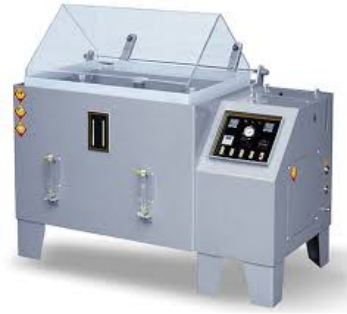
- Electrochemical Impedance Spectroscopy (EIS)
The sample is immersed in a solution of NaCl and connected to a potentiostat. This potentiostate applies an AC signal across a range of frequencies. Information on Charge Transfer Resistance helps determine corrosion resistance.
Aluminum Oxide Formation
When Al is exposed to air, it oxidises quickly, reacts with oxygen, and forms a thin layer of Aluminum oxide that is why it is used in construction projects very commonly.
How Aluminum Oxide Protects Against Rust
Al does not rust. Aluminum Oxide thin layer protects Al from corrosion.
The Self-Passivation Phenomenon
The formation of Aluminum oxide through oxidation is known as the self-passivation phenomenon.
Types of Aluminum and Corrosion Resistance
Aluminum 3003
Mn is the main alloying element in this series. Mn enhances strength and corrosion resistance.
Aluminum 5052
Mn is the main alloying element. High corrosion resistance and is used in marine applications.
6061 Aluminum
Mn and Si are the main alloying elements. Excellent mechanical properties and corrosion resistance.
6063 Aluminum
It is known for its excellent extrudability, good surface finish and excellent corrosion resistance.
7075 Aluminum
High-strength Al due to Zn alloying element. High corrosion resistance and is used in aerospace and military applications.
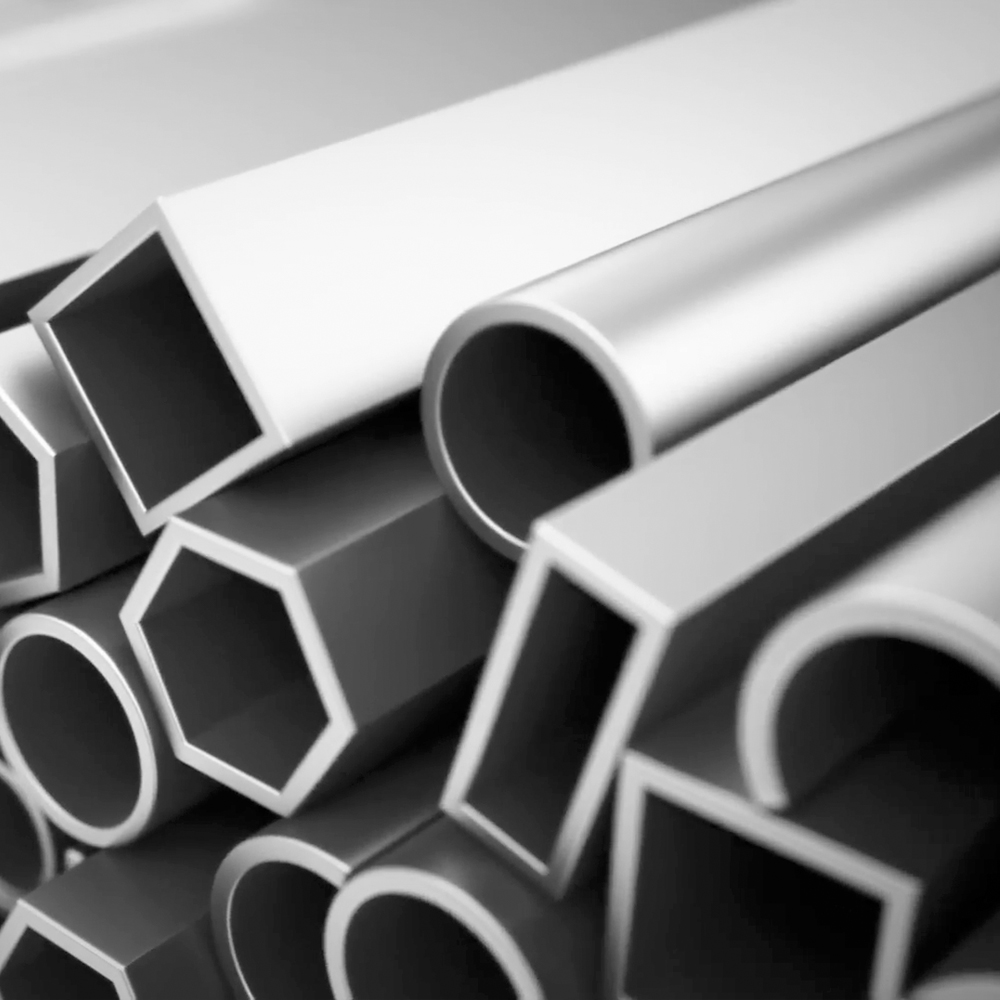
Why Aluminum Is Popular for Projects
Al is cheaper than many metals. It is lightweight, corrosion-resistant and a good conductor of electricity. It has moderate strength and can be recycled. All these characteristics make it popular for projects.
Types of Aluminum Corrosion
Some of the common corrosion types which attack Al are discussed below:
Galvanic Corrosion
When Al is used along with other metal which is more noble like its high electro potential, Al becomes anode. It gives away its electrons and oxidizes.
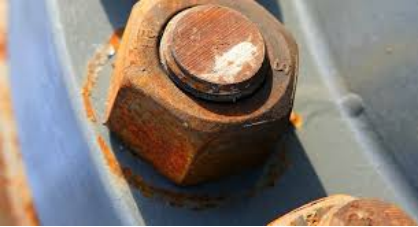
Pitting Corrosion
When Al is used in severe environments like chloride-rich, chlorides penetrate the oxide layer. This penetration causes localized Pitts formation. In this type, small pits are formed on the surface.
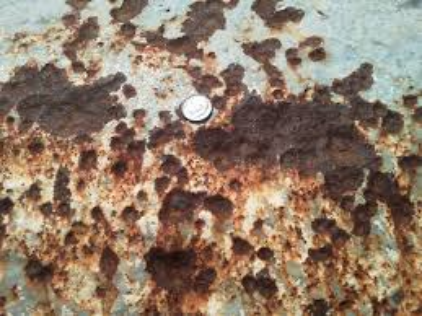
How Pitting Affects Aluminum
Small Pitts on the surface deteriorate the material’s surface which fails due to decreased strength.
How to Prevent Aluminum Corrosion
There are many methods through which we can control the corrosion rate for instance protective coatings, cathodic protection etc. These methods create barriers between the environment and Al and prevent corrosion.
Protective Coatings for Aluminum
Many coatings are available to prevent corrosion, some of them are discussed below:
Anodizing Aluminum
In anodizing, the Al sample is immersed in the electrolytic solution of H2SO4, and DC is passed through the bath. Al becomes an anode, and stainless steel is used as a cathode. Al oxidizes and the naturally grown layer becomes thicker and more porous.
Benefit of Anodizing
The benefits of anodizing include enhanced corrosion resistance, electrical insulation, thermal stability and increased hardness.
How Anodizing Works in Preventing Corrosion
Anodizing makes the naturally grown layer thicker. That layer is a barrier between the humidity and dust particles etc.
Types of Anodizing for Aluminum
Type I: Chromic Acid is used as an electrolyte. This type of coating is used in aerospace.
Type II: Sulfuric Acid is used as an electrolyte, and it is the most common type.
Type III: Hard Anodizing which creates a denser oxide layer which increases the wear resistance.
Powder Coating for Enhanced Durability
During powder coating, powder of coating materials is applied to the surface and the sample is placed into the oven and cured. This coating makes Al tough and more durable.
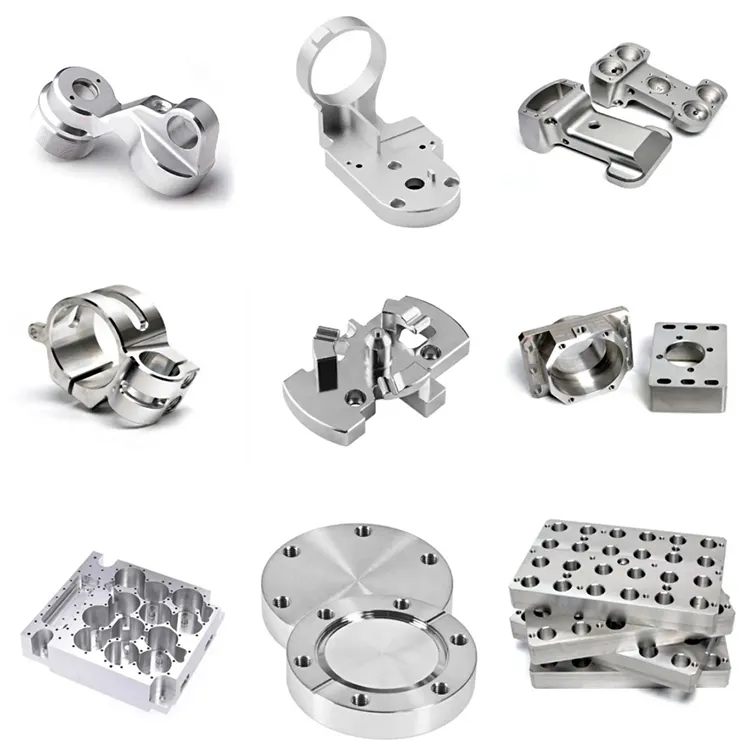
Polishing and Brushing Aluminum
Polishing is done to make the surface smoother and shinier. Polishing removes dust particles scratches etc.
Brushing is done to create a matt and non-reflective surface.
Chemical Passivation of Aluminum
The Al sample is dipped into the electrolyte to remove the contaminants to promote further oxide layer on the Al surface.
Stainless Steel vs. Aluminum for Corrosion Resistance
Stainless Steel is widely used due to higher corrosion resistance than Al. It is a high-strength alloy as compared to Al and is used in severe environments.
Aluminum and Steel Reaction
Al reacts with oxygen and makes a protective layer; it can corrode only. While steel can rust before corrosion because of Fe present in its composition.
FAQs
Does Aluminum Tarnish
Yes, Al reacts with oxygen, but this layer is very thin and tightly adheres to the surface. It does not affect the material’s appearance.
Does Aluminum foil Rust
No, It does not rust due to a lack of Fe in its composition.
Why Aluminum Doesn’t Rust Like Steel
Steel has Fe which reacts with oxygen and makes rust. Since Al does not contain Fe that is why it does not rust.
Does Aluminum Bike Frame Rust
Anything made of Al can’t be rust; rather, it can only corrode.
 Tel/WeChat:
Tel/WeChat:  Email:
Email: 
 Home
Home
 What is Durometers: Hardness, Type, and Usage Guide
What is Durometers: Hardness, Type, and Usage Guide 







